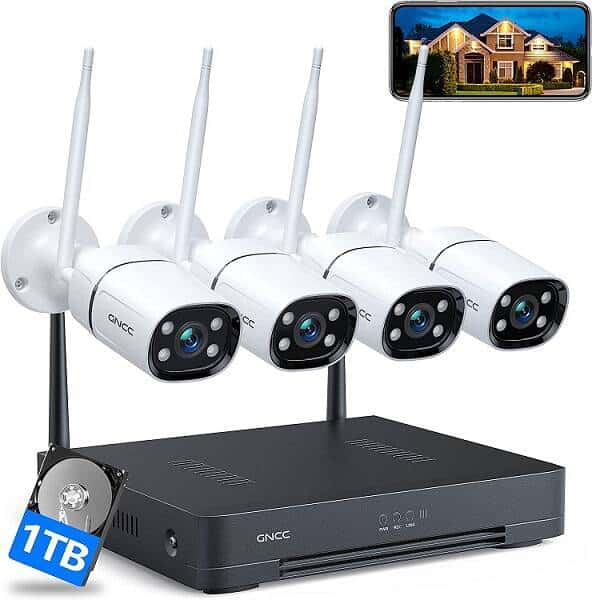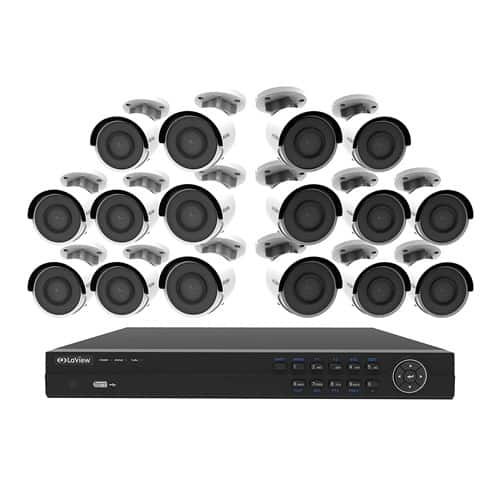Why Does My Breaker Keep Tripping with Nothing Plugged In?
Before we explore the possible causes of your breaker’s mysterious trips, let’s take a moment to understand what circuit breakers are and why they’re crucial in your home’s electrical system.

Circuit breakers are safety devices designed to protect your home’s wiring and appliances from overloading or short-circuiting. They work by interrupting the flow of electricity when they detect an abnormal surge in current. This action prevents electrical fires and other hazards, ensuring the safety of your household.
Probable Causes of Unwanted Tripping
1. Overloaded Circuit
An Overloaded Circuit:
An overloaded circuit is one of the most common reasons for circuit breakers to trip unexpectedly. This occurs when you connect too many electrical devices or appliances to a single circuit. The breaker senses the excessive load and trips to prevent overheating and potential fires.
2. Short Circuits
Short Circuits:
Another possible culprit is a short circuit, which happens when hot wires touch one another or come into contact with a grounded surface. This creates a sudden surge in electrical current, causing the breaker to trip instantly. Short circuits should be addressed promptly to avoid electrical hazards.
3. Faulty Appliances
Faulty Appliances:
Sometimes, the problem isn’t with your electrical system but with the appliances themselves. If a malfunctioning or damaged device is connected to the circuit, it can trigger the breaker. To identify this issue, unplug all appliances and plug them in one by one to see which one causes the trip.
4. Aging Wiring
Aging Wiring:
Older homes may have outdated wiring systems that are not equipped to handle modern electrical demands. If your home’s wiring is deteriorating or insufficient, it can lead to frequent breaker trips. Consider having your wiring inspected and upgraded if necessary.
5. GFCI or AFCI Protection
GFCI or AFCI Protection:
In certain areas of your home, you may have Ground Fault Circuit Interrupters (GFCIs) or Arc Fault Circuit Interrupters (AFCIs) installed. These devices are designed to trip when they detect ground faults or arc faults, respectively, which can prevent electrical fires.
Troubleshooting Steps
Now that we’ve explored some potential causes, let’s discuss steps you can take to troubleshoot and resolve the issue:
- Identify the Overloaded Circuit: If you suspect an overloaded circuit, unplug some devices from the affected circuit and redistribute the load.
- Check for Short Circuits: Inspect your outlets and switches for signs of damage or exposed wires. If you find any, seek professional assistance.
- Test Your Appliances: Plug in your appliances one at a time to identify if any of them are causing the problem. Repair or replace malfunctioning devices.
- Consult an Electrician: If you’re unable to pinpoint the issue or if it persists, it’s advisable to consult a qualified electrician who can conduct a thorough inspection of your electrical system.
In conclusion, when your breaker keeps tripping with nothing seemingly plugged in, it’s essential to consider these potential causes and take appropriate action to ensure the safety of your home and family. Electrical issues should never be ignored, as they can lead to hazardous situations. If in doubt, always seek professional help to diagnose and rectify the problem. Remember, safety first!
Disclaimer
Certain content that appears on this site comes from Amazon. As an Amazon Associate we earn from qualifying purchases. Read full Disclaimer Here!






